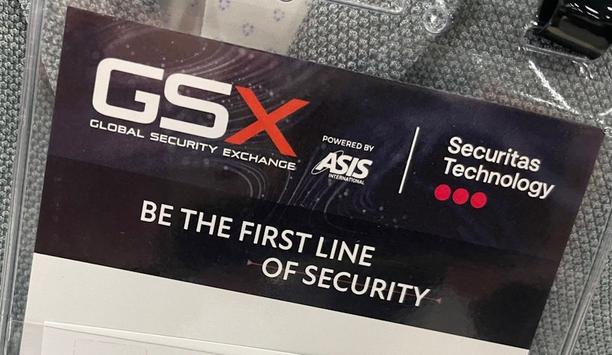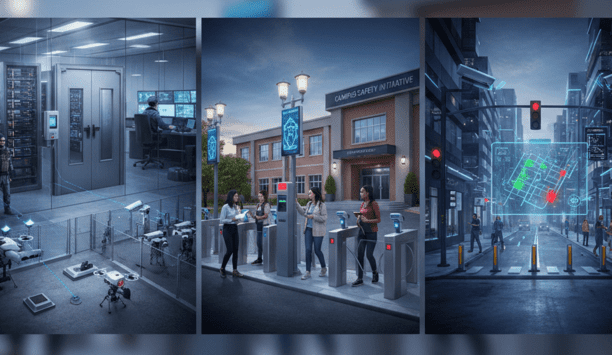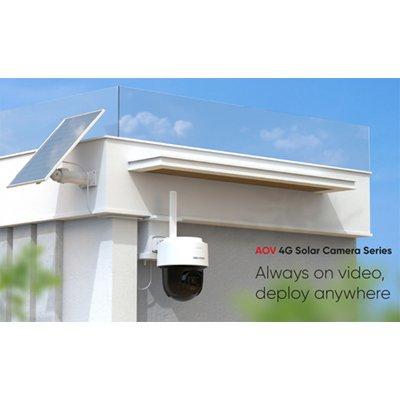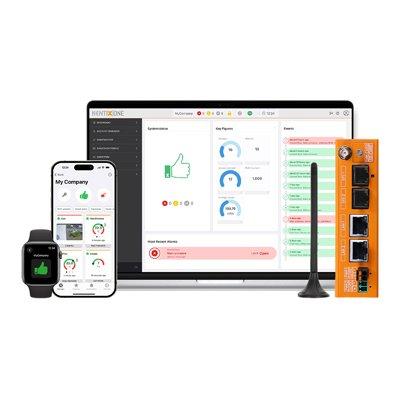It has been seven months or so since Tyco Integrated Security entered the small business security sector, and the company’s focused approach is paying off well in the five initial markets of Chicago; South Florida; Dallas-Fort Worth; Orange County, Calif.; and Burbank, Calif.
It’s no wonder they hit the ground running. TycoIS had plenty of time to prepare for its September 2014 launch into the small business market. Expiration of a two-year non-compete agreement after the company split from ADT specified exactly when they could enter the small business market – and gave them two years to plan for it.
Entering the small business security sector
Small business owners are very different from the commercial and enterprise customers that TycoIS had focused on since the split from ADT. Typically small business owners “wear a lot of hats,” and likely do not have a security department. They also are very price-sensitive and may have limited capital and few resources.
Small business owners also tend to be less technically savvy, and focus on employee safety as well as productivity loss, theft and vandalism. The facilities of small business customers are typically under 7,500 square foot in size, and if they have multiple locations, they are within a small geographic region.
Many of the existing resources of TycoIS in the enterprise/commercial market can be applied to the small business sector. “From our business model, the small business customer creates a recurring revenue opportunity and is well within our ability and expertise to serve,” says Steve Leitz, director of small business, TycoIS. “It’s a logical progression into that market.” In addition to the initial five geographic markets, TycoIS is launching a sixth market in Phoenix this year and four more by the end of the calendar year (likely focused in the Northeast and/or Texas).
TycoIS keeps costs down for customers of its IP video surveillance system by not charging license fees or for software service agreements |
Holis Go mobile app
In addition to intrusion detection and monitoring services, TycoIS offers small business owners the Holis Go mobile app, which provides owners and managers 24/7 remote self-monitoring of their business, including after-hours real-time video surveillance via a smartphone, tablet or laptop. The Holis product line offers small businesses low-cost, commercial-grade IP video surveillance and an experienced service team to help with ongoing monitoring and management. It is adaptable to a customer’s available bandwidth, and can allow up to 128 connections into a server. (For example, some daycare or dog kennel clients allow their customers to log into the system.)
The system can help small business owners by allowing them to do operational inspections remotely, to view when a business opens and closes, etc. “We want to be sure we can provide a return on investment (ROI),” says Leitz.
Keeping customers happy
TycoIS keeps costs down for customers of its IP video surveillance system by not charging license fees or for software service agreements. Typically there is a low-cost installation fee with a monthly service fee. TycoIS provides monitoring through its two 24/7 monitoring centers in the U.S., one in Kansas City and another in Aurora, Colo.
The small business sales cycle is shorter, and TycoIS has focused on tightening its sales processes, which include conducting a security review and recommending solutions based on the needs of the customer. Modifying internal processes have enabled them to accelerate their cycle times – from when they create the order until they fulfill it. “Larger systems take months, but small businesses expect days,” says Leitz.
So far, TycoIS has added 75 or so new employees (including 50 dedicated sales people) in the small business markets, with plans to add up to another 50 employees as they expand into more markets.
Now competing directly against ADT, TycoIS already has the second largest security sales organisation servicing small business. Their other frequent competitors are mostly local security providers.
“We spent a good amount of time planning for this, and we’re doing it very methodically,” says Leitz. “We have created solutions and an approach that make a lot of sense for the small business customer.”
From facial recognition to LiDAR, explore the innovations redefining gaming surveillance














































